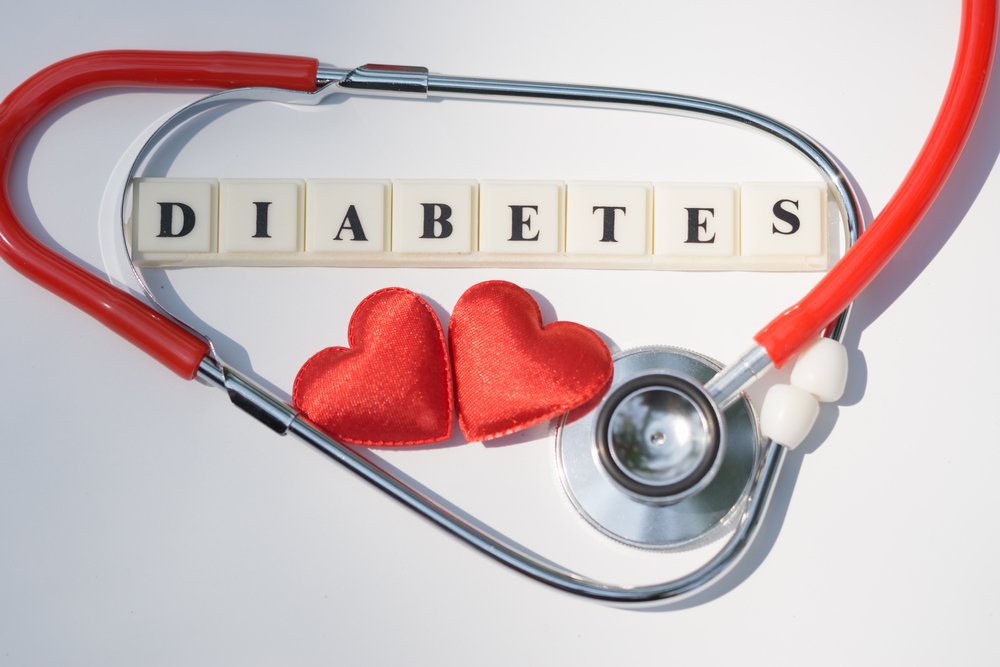Why Look at the Omega-3 Index?
The Omega-3 Index—your red-blood-cell level of EPA+DHA—behaves like a long-term nutritional fingerprint. Across dozens of studies, people with lower Index values show higher rates or severity of depressive symptoms. What follows is a streamlined tour through key findings in adults, during pregnancy, and in high-risk contexts such as post–heart attack and suicide risk.
Cross-Sectional Signals: Depressed vs. Not Depressed
Several country-level case–control studies compared Omega-3 Index values in people with and without depression. Despite very different background diets, the pattern was the same: the depressed groups had lower levels.
Three Snapshots, Same Trend
In Korea, controls averaged about 9.5% versus 8.6% in cases. In Germany, the split was ~5.1% vs. 3.9%. In the U.S., it was ~3.3% vs. 2.9%. The absolute levels ranged widely by country, but the direction of the association didn’t change: lower EPA+DHA tracked with depression.
Cardiac Patients: Mood and the Omega-3 Index
Among patients hospitalized for an acute coronary syndrome, researchers assessed depressive symptoms alongside the Omega-3 Index. Traditional risk factors (smoking, diabetes, hypertension) and demographics explained part of the variance, but EPA+DHA still mattered: each meaningful rise in the Index corresponded to better scores on a standard depression questionnaire. Even after adjusting for confounders, higher omega-3 status independently aligned with fewer depressive symptoms.
Depression with Anxiety: A Closer Cut
When scientists separated depressed patients into those with and without anxiety, both groups had lower omega-3s than healthy controls; the anxious-depression subgroup appeared to drive the lowest estimates of the Omega-3 Index. That observation hints—though doesn’t prove—that anxiety comorbidity may magnify the omega-3 signal.
Psychiatric Inpatients: A Deficit Pattern
A hospital-based survey compared inpatients’ Omega-3 Index distribution against large U.S. reference data. Three in four inpatients clustered in the “deficient” zone (<4%), roughly three times the proportion seen in population norms. The entire inpatient curve shifted toward lower EPA+DHA, reinforcing that very low status is common in serious psychiatric illness.
Perinatal Windows: Pregnancy, Postpartum, and Risk
A meta-analysis of studies in pregnant and postpartum women found lower circulating omega-3s in those with depression compared with non-depressed peers. In a prospective cohort, the Omega-3 Index measured around week 28 of pregnancy predicted mood three months after delivery: women with higher late-pregnancy EPA+DHA were less likely to meet criteria for postpartum depression. While dose recommendations varied, the blood-level signal was consistent—better status, lower risk.
Suicide Risk: Blood and Brain Findings
Two striking lines of evidence link omega-3s to suicidality. In a Chinese case–control study, participants in the top Omega-3 Index quartile had far lower odds of a suicide attempt than those in the bottom quartile, even after extensive adjustment. In U.S. military data, only individuals with the very highest DHA levels—roughly equivalent to an Index near 6%—showed notably lower suicide risk; levels below that threshold were associated with 50–80% higher risk. Complementing the blood data, post-mortem brain analyses found significantly lower DHA in the cortex of suicide victims with major depression compared with healthy controls, underscoring a plausible biological footprint inside the brain itself.
How to Interpret All This
Taken together, these studies tell a coherent story: lower long-term omega-3 status aligns with greater depression burden across different populations and life stages. That does not mean EPA+DHA “cures” depression—mood disorders are multifactorial, and trial results depend on dose, duration, and baseline levels. It does mean the Omega-3 Index is a meaningful, modifiable biomarker that complements standard care.
Practical Takeaways
For clinicians and patients, the most actionable step is to measure the Omega-3 Index, optimize EPA+DHA intake (from oily fish or supplements), and recheck after several months. In perinatal care, tracking DHA/EPA status during pregnancy may help identify women at higher postpartum risk. In cardiac and psychiatric settings, confirming and correcting very low omega-3 levels is a low-burden adjunct to existing treatments.
A Careful Conclusion
Science evolves, and no single study is definitive. But across countries, clinical scenarios, and even brain tissue, one pattern repeats: higher omega-3 status tracks with lower depression risk and severity. The Omega-3 Index won’t replace therapy or medication, yet it offers a simple, evidence-informed lever to pull—one that’s easy to measure, personalize, and maintain.




